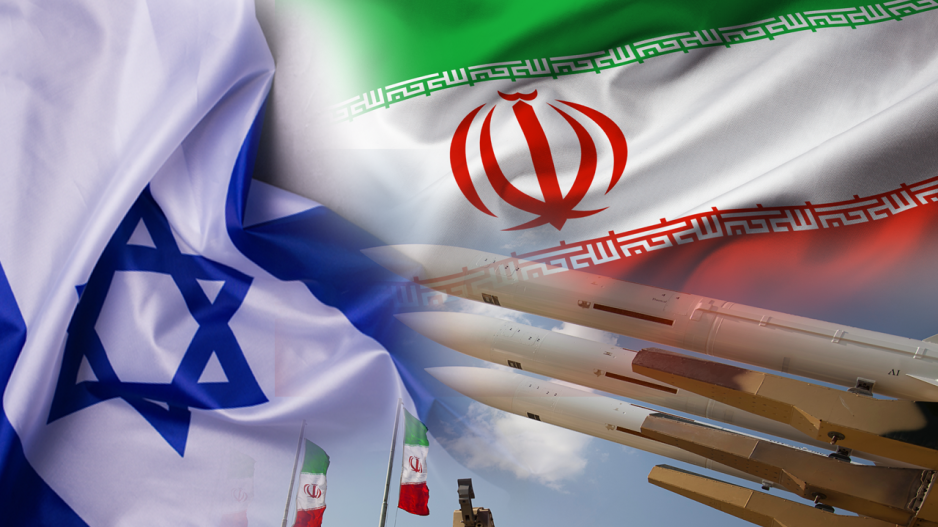World Markets Weighing the Impact of New Middle East Crisis
Experts Warn That a Serious Response From Israel Could Intensify the Conflict, Limiting Oil Supplies
The drop in Asian stock markets and the rise in gold prices are two expected consequences of the new crisis in the Middle East following Iran's military strike on Israel, with Tel Aviv's response yet to be seen.
What might come as a surprise is the reaction in the oil market, with prices falling in the early trading hours.
Aside from the market having largely anticipated the escalation of tension, analysts believe that traders' initial fears of the conflict spreading to the wider region have currently subsided.
Experts warn that a serious response from Israel could intensify the conflict, limiting oil supplies.
Both Brent crude oil, the international benchmark, and American West Texas Intermediate were down by about 0.3% in the early hours of trading in the Asian markets, with prices at $90 and $85 per barrel, respectively.
Market factors indicate that the subdued reaction suggests that markets are betting that the Iranian attack will have limited impact since Tehran declared the issue "resolved" and Washington sought to de-escalate tensions.
However, traders are still focused on Tel Aviv, awaiting a response to the attack, while the Gaza front remains open.
Daniel Hynes, senior commodity strategy officer at ANZ Bank, noted in the Financial Times that the measured nature of the attacks and the fact that they were well-telegraphed had softened market concerns.
"We had a buildup in oil prices before the weekend, thus creating a geopolitical premium price ahead of this event," he said.
However, experts warn that a serious response from Israel could escalate the conflict, limiting oil supplies from the region and driving up prices.
"Significant Israeli retaliation could trigger a destabilising cycle of counterattacks and escalate the conflict," said Helima Croft, head of global commodity strategy at RBC Capital Markets and former CIA analyst. "In such a scenario, we believe the risk to oil is not insignificant."
She added, "While Iran may not have the capability to close the Strait of Hormuz, it seems to maintain the ability to replicate the 2019 scenario of attacking tankers, pipelines, and vital energy infrastructure."
Oil markets had climbed to their highest level since October in recent weeks following the attack on Damascus, as they weighed the likelihood of conflict escalation that could affect Gulf supplies.
Bob McNally, president of consulting firm Rapidan Energy and former energy advisor to George Bush, said that the impact of the attack could still push prices "towards, if not beyond, $100 a barrel."
"The market had been complacent about the conflict in Gaza that extended to include Iran, and therefore, a significant risk to the production and exports of oil and [liquefied natural gas] from the Arab Gulf," he said.
An escalation of the conflict risks shocking an already tight global oil market, as demand escalates in major economies such as the USA and China, while OPEC+ producers restrict supply.
Any rise in prices comes at a particularly sensitive time for the US president, who showcases economic achievements to voters ahead of the November elections amid stubbornly high inflation.
A further rise in crude prices threatens to worsen already increased prices at the pump months before Americans head to the polls. The average gasoline price in the USA is $3.63 per gallon, according to the automotive industry group AAA, up about 15% from the start of the year.
In this climate, Asian markets are recording losses on Monday morning, with major indices in Japan, Hong Kong, and South Korea in the red.
An exception is the Chinese benchmark index CSI 300, which is up by 0.9%. The yen fell 0.18 per cent against the dollar to 153.55 ¥, its lowest level since 1990.






